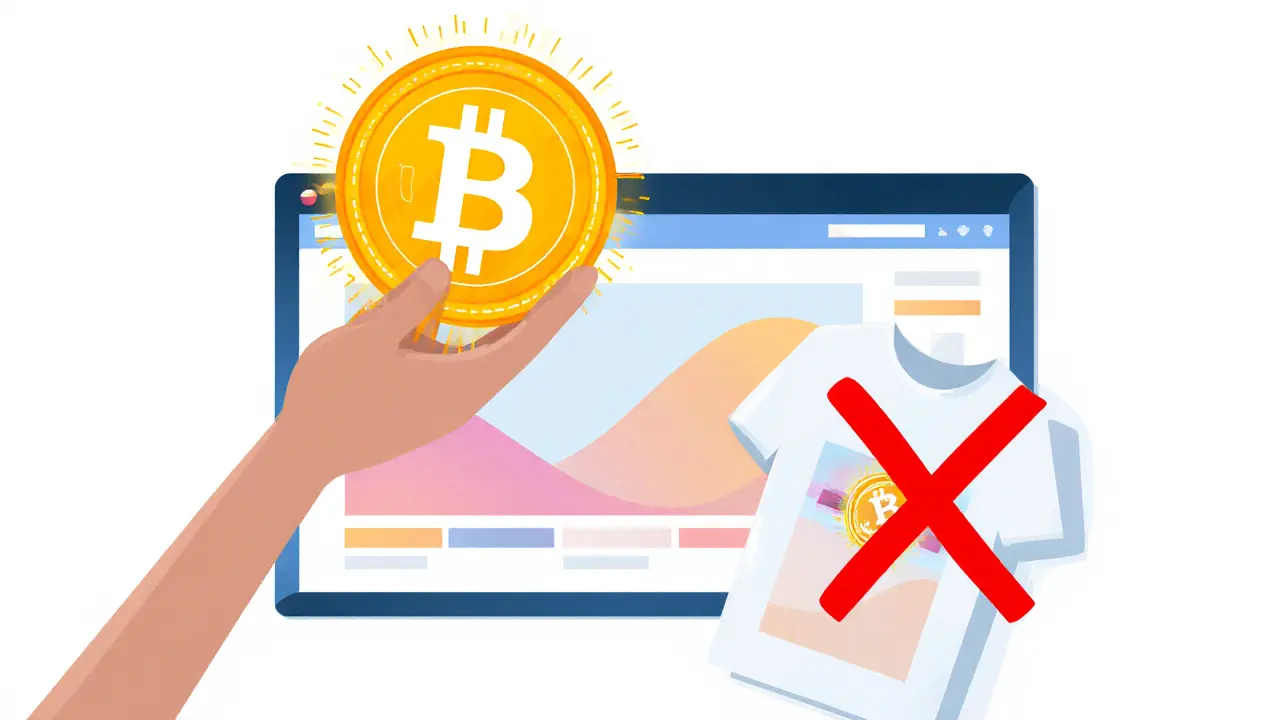NFT Rights: What You Actually Own When You Buy a Digital Asset
When you buy an NFT, a unique digital token on a blockchain that proves ownership of a specific asset. Also known as non-fungible token, it's often linked to art, music, or collectibles—but owning the NFT doesn't mean you own the thing it represents. Most people assume buying an NFT gives them full rights to the image or file, but that’s rarely true. The truth? You own a digital certificate, not the copyright, not the license, and often not even the right to display it publicly.
Digital ownership, the legal and practical control over a digital asset through blockchain verification. Also known as on-chain provenance, it's what makes NFTs feel valuable—but it’s not the same as copyright, the legal right to reproduce, distribute, or profit from creative work. Most NFT projects only give you a personal, non-commercial license to use the image. If you want to print it on T-shirts, sell it as a poster, or turn it into a movie, you need explicit permission. Without it, you’re breaking the law—even if you paid $10,000 for the NFT.
Some NFTs do include royalties, automatic payments to the original creator every time the NFT is resold. These are coded into the smart contract and can be a big deal for artists. But even then, royalties aren’t guaranteed forever. Some marketplaces ignore them. Others change rules. And many buyers don’t even know they exist until they try to sell.
There’s also the messy reality of what happens when the website hosting the NFT image goes down. If the NFT points to a link on a server that shuts off, your digital asset becomes a broken link. No one owns the file—you just own a reference to it. That’s why some projects store art directly on the blockchain, but that costs more and isn’t common.
And don’t get fooled by marketing. If a project says "own the IP," check the fine print. Most don’t actually transfer intellectual property rights—they just say it to sound cool. Real NFT rights are rare. Only a few projects, like CryptoPunks and Bored Apes, give owners broad commercial rights. Even then, it’s not automatic. You still have to follow their rules.
So what do you actually get? Proof you were the first to buy that specific token. Maybe a community badge. Sometimes access to future drops. But rarely, if ever, full control over the content. That’s why understanding NFT rights matters more than ever. Too many people lose money because they thought they owned something they didn’t.
The posts below break down real cases: from scams pretending to sell NFT rights, to platforms that actually deliver on ownership, to projects that changed the rules after you bought in. You’ll see what’s real, what’s fake, and how to protect yourself before you click "buy."
